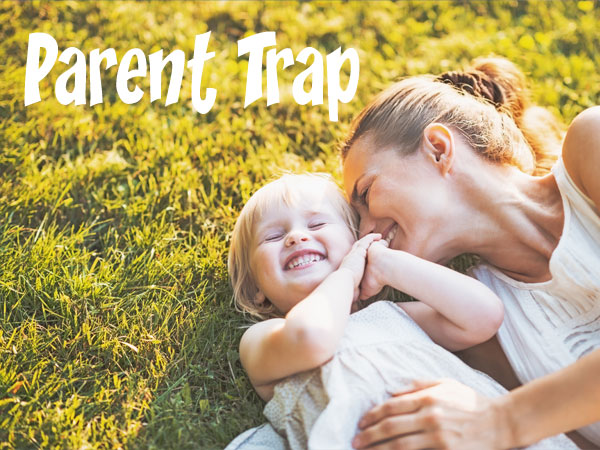After spending two weeks at summer camp with kids in grade school, middle school and high school, I became convinced that somehow, someway, kids need to return to classrooms this fall. We required every camper and staff member to have a negative COVID-19 test so that once at camp, we could run around like the good old days without masks or distancing. The effect on the kids was amazing.
Campers had the chance to play, run around with their peers, and sit and talk over card games, campfires and star gazing. They connected over guitar sing-a-longs, karaoke, pool parties and our wild end-of-the-week dance party. In our daily learning circles, kids shared their fears and the adversities they had been facing. They learned they are not alone in their struggles, which made their connections even closer. After just a few days, kids looked relaxed and happy and felt carefree for the first time in months.
The back-to-school plans of most schools are still a moving target, creating uncertainty and angst for children and their parents. With the known scientific data as well as the academic and social-emotional needs of children in mind, let me offer some thoughts to consider as the fall semester develops.
• Do whatever it takes to get kids safely back to in-person school. If professional athletes in the MLB, NHL and NBA can get daily COVID-19 tests, there is no reason why we shouldn’t have available testing and tracking for students. Learn from the experiences of other countries who have successfully and unsuccessfully restarted school.
• Prioritize academics over athletics. Don’t push through football and other fall sports at the cost of infecting large numbers of students. If keeping kids out of sports makes it safer for all to stay in school, do it.
• Focus on what you do have control over. We are always in charge of our emotions and our reactions to people and events. Encourage your child to spend some quiet time each day expressing all of his or her feelings through journaling or artwork. The maxim that “what is unexpressed becomes unmanageable” fits very well in these trying times. The weather of the day doesn’t need to dictate the climate of the era.
• Increase connections. Research has shown that one of the most important factors in kids overcoming adversity is having close connections with others. This includes parents, relatives, teachers, siblings and friends. Carve out regular focused downtime together at home, and brainstorm ways your kids can safely spend time with friends. This could involve creating your own safe bubbles with other families like we did for our camps.
• Focus on gratitude and growth. When you put yourself into a state of gratitude, feelings of stress, anxiety and depression melt away. Look for the lessons, gifts and growth that are resulting from the pandemic. Those who have struggled are more likely to help others in need, be more inclusive and feel empathy for those in pain.
I’ll leave you with this relevant quote from Haruki Murakami: “And once the storm is over, you won’t remember how you made it through, how you managed to survive … But one thing is certain. When you come out of the storm, you won’t be the same person who walked in. That’s what this storm’s all about.”
Tim Jordan, M.D., is a behavioral pediatrician who works with girls in grade school through college in his counseling practice and camps. His newest book is Letters from My Grandfather: Timeless Wisdom for a Life Worth Living. For more information, visit drtimjordan.com.








